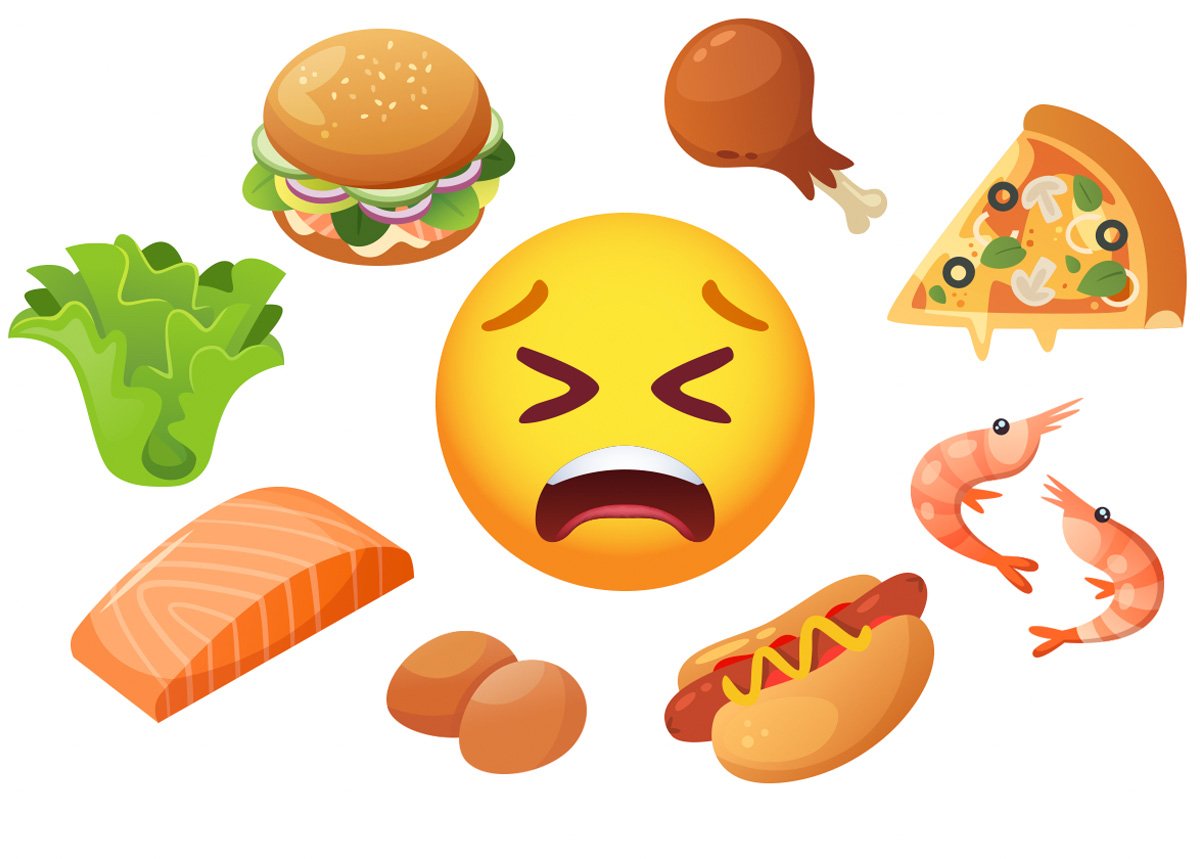Avoid Upset Tummies and Food Poisoning
BBQs and picnics are traditional summer joys… and they are responsible for an uptick in food poisoning cases. Help avoid a bout of gastro unpleasantness by refrigerating perishable food within two hours. For temperatures over 90F, food should be refrigerated within an hour.
Food preparation matters too. Food hygiene is always important, but the conditions of picnics and gatherings exacerbate the risk of bacterial growth. Remember these guidelines. Learn more and get the latest recommendations at FightBac.Org/food-safety-basics.
Frequently wash hands before and after cooking and after handling uncooked meat, chicken and other poultry, seafood, flour, or eggs.
Use fresh, clean plates and utensils for serving cooked food.
Wash your utensils, cutting boards, and countertops with hot, soapy water after preparing each food item.
Do not cross-contaminate: Raw meat, poultry, seafood, and eggs can spread germs to ready-to-eat food unless you keep them separate. Keep raw or marinating meat, poultry, seafood, and eggs separate from all other foods in the refrigerator.
Store raw meat, poultry, and seafood in sealed containers or wrap them securely so the juices don’t leak onto other foods.
Use one cutting board or plate for raw meat, poultry, and seafood and a separate cutting board or plate for produce, bread, and other foods that won’t be cooked.
Raw chicken is ready to cook and doesn’t need to be washed first. Washing these foods can spread germs to other foods, the sink, and the counter.
Cook to the right temperature: The only way to tell if food is safely cooked is to use a food thermometer to make sure meat, poultry and fish are cooked to a safe internal temperature. Download this handy Safe Minimum Temperature Chart from the Partnership for Food Safety Education.
The most common symptoms of food poisoning are:
Diarrhea
Stomach pain or cramps
Nausea
Vomiting
Fever
The severity and duration of the symptoms varies depending on which germ you’ve ingested. You’ll usually feel better within 24 hours. The greatest danger of food poisoning is dehydration. Ice chips and sports hydration drinks (less sugar is better) or coconut water are good solutions if you’re having trouble keeping things down. When you can tolerate food, use the classic BRAT (banana, rice, applesauce, toast) diet or other neutral foods until you’re feeling better. And of course, give us a call if your symptoms persist or are severe.

